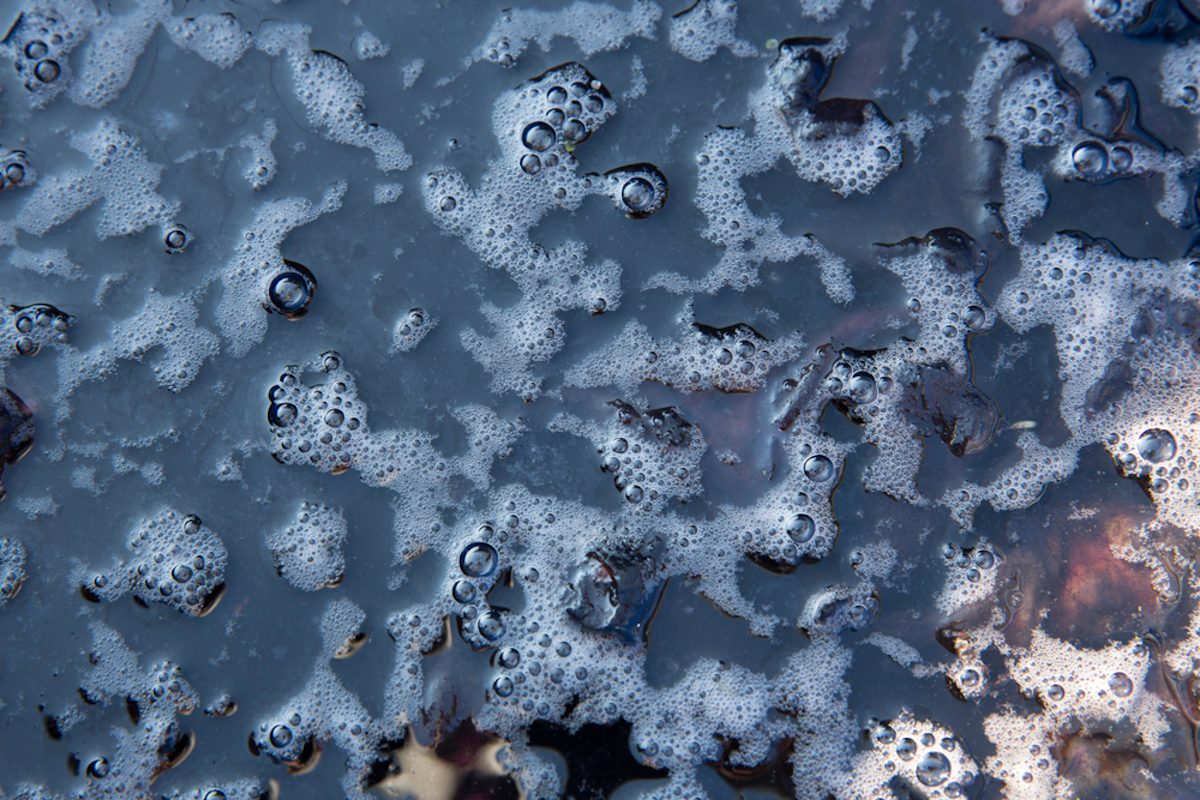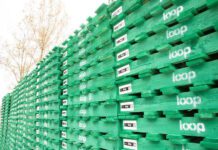
Researchers from Coventry University are collaborating with Severn Trent and the Organics Group to turn sewage waste into a clean fuel for tankers and other vehicles.
The project will look to capture waste ammonia from the utility’s sewage treatment facility and turn it into hydrogen. Severn Trent currently destroys this waste ammonia, which is a toxic gas.
If trials are successful, Severn Trent says it has the potential to recover up to 10,000 tonnes of green ammonia per year from its wastewater treatment plants, which could be converted into 450 tonnes of hydrogen.
The Organics Group will be responsible for developing an ammonia-stripping unit, recovering the chemical from the sewage waste at Severn Trent’s facility. Coventry University researchers will then seek to convert this into hydrogen by forming a purified electrolyte from the ammonia, which could be processed to create nitrogen and hydrogen gas.
Dr John Graves, Associate Professor at the Institute for Future Transport and Cities, said: “We are delighted to be part of this ground breaking initiative with Severn Trent and Organics Group. The project will enable us to demonstrate that ammonia, which to date has had to be regarded as a waste product, could be processed in a more environmentally-friendly manner with the benefit of producing hydrogen, which has a number of useful applications. These include its use as a potential fuel for heavy vehicles that may not be suited to battery electrification.”
Peter Vale, Technical Lead in Severn Trent’s Innovation team, said: “We are thrilled to be collaborating with Coventry University and Organics Group on this potentially transformative project that will help us move towards a more circular approach to treating wastewater on our sites, and deliver on our net zero carbon commitments.”
Patrick McGlead, Resilient Water Innovation for Smart Economy (REWAISE) Project Lead at Organics Group, said: “Organics is overjoyed to be involved and very much looking forward to applying our ammonia recovery expertise and technology to this innovative project.”
This project forms part of REWAISE, a €15m initiative funded by the EU Horizon 2020 programme. A consortium of 24 organisations leads REWAISE, providing expertise across the water management and academic sectors with the aim of developing a carbon-neutral water cycle. Both the Institute for Future Transport and Cities (IFTC) and the Centre for Agroecology, Water and Resilience (CAWR) are contributing partners in the consortium.







